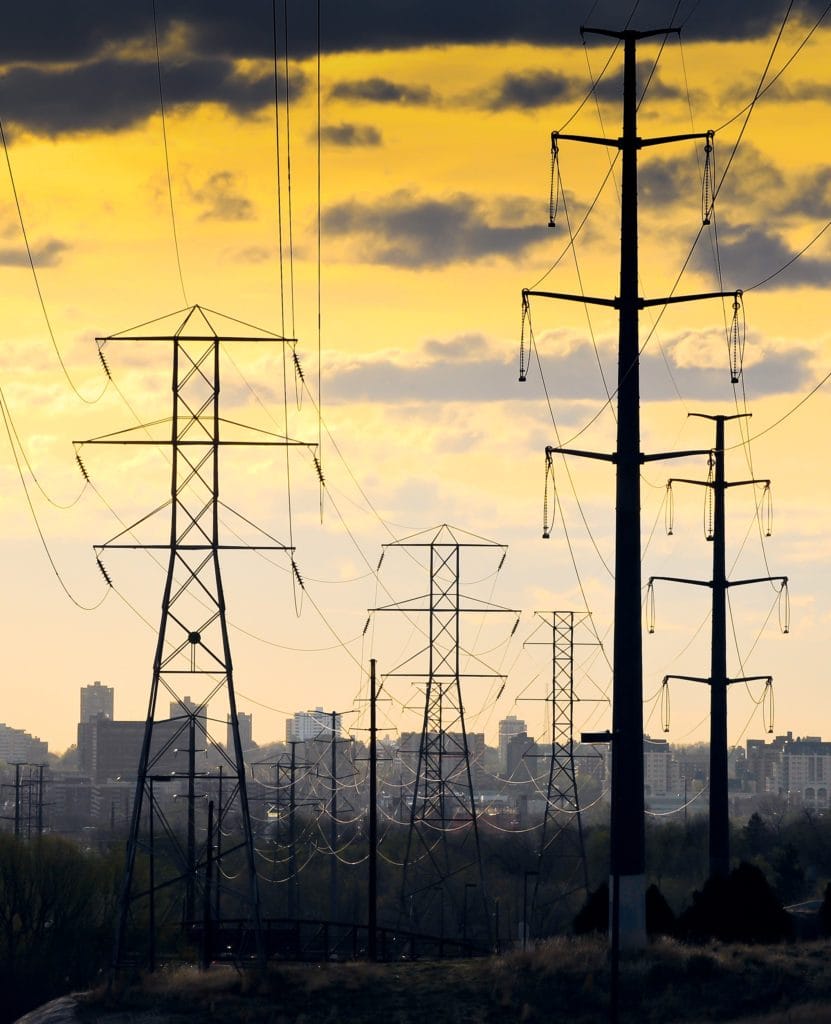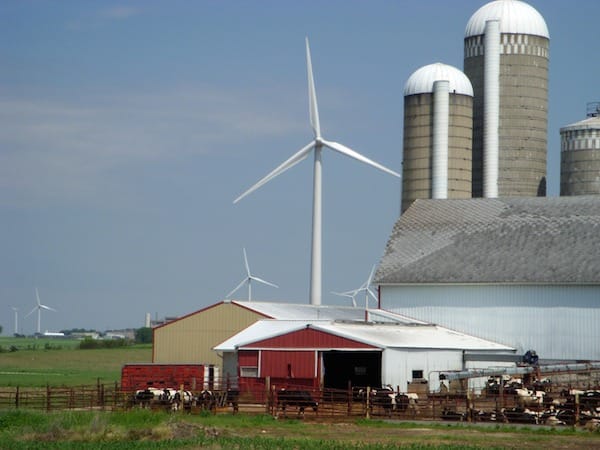Renewable Energy
Washington and Idaho members will lead the Northwest Power and Conservation Council in 2015
The Northwest Power and Conservation Council this month elected Washington and Idaho members to lead the four-state energy and fish and wildlife planning agency in 2015. Phil Rockefeller, appointed to the Council in 2011 by then-Governor Christine Gregoire, was elected chair of the Council. In 2014, Mr. Rockefeller served as chair of the Council’s Fish and Wildlife Committee. The Council also elected Idaho member Bill Booth as vice chair. Mr. Booth previously served in several Council leadership positions including two terms as chair, in 2008 and 2009.
Road to the 7th Plan
Every five years, the Northwest’s official power planning agency – the Northwest Power and Conservation Council – conducts a fresh assessment of the region’s long-term electricity needs and issues a blueprint for meeting them. Click here for the latest information on the Council’s regional planning process.
Wendy Gerlitz takes policy helm, completing leadership team transition
Wendy Gerlitz, a NW Energy Coalition senior policy associate for the past four years, has become policy director for the organization. Gerlitz replaces longtime policy director Nancy Hirsh, who is now the Coalition’s executive director. Both changes became effective Jan. 1, the date on which Sara Patton officially stepped down after 20-plus years as Coalition director.
Huffington Post blog: 6 reasons 2014 was a good year for climate action
There are many reasons to be joyous about clean energy advancements in 2014. The cost of solar and wind energy continues to fall, utilities are investing in energy storage and electric vehicle charging, Chinese coal demand is falling, sustainable investing is on the rise, and businesses are more vocal than ever on the need for climate action.
Clean energy advocates should rally behind governor's bold climate plan
On Wednesday, Washington Gov. Jay Inslee unveiled a suite of proposals that would increasingly limit carbon pollution in the state and make major polluters pay for the carbon they do emit via a market-based allocation system. Revenues from the pollution permits – estimated at $1 billion in the first year – would go to transportation, particularly transit and electric vehicle incentives and infrastructure; relief for low-income communities; and education, to help meet court funding mandates.
The Columbian article: All-renewable energy eyed for Boeing plant
Boeing has announced it will assemble its 737 airplanes with renewable energy. The company will buy renewable energy credits from Puget Sound Energy for wind power produced at the Wild Horse Wind and Solar facility. NWEC communications director Marc Krasnowsky says, “They’re basically turning their fossil power green, and that’s laudable.”
Appliance Standards Awarness Project blog post: New standards to improve efficiency of clothes washers in laundromats and apartments
The U.S. Department of Energy (DOE) issued new efficiency standards today that will reduce the energy and water use of commercial clothes washers, which are used in laundromats and multi-family buildings. On a national level, the new standards will save 70 trillion Btus of energy over 30 years of sales, an amount equivalent to the annual energy use of 390,000 U.S. households, and yield net present value savings for customers of $240 to $530 million.
Oregonian guest opinion: How wind power helps rural Oregon
Erin Hansell-Heideman of Ione, Oregon explains how renewable energy development is an economic boon for rural communities. Wind farms generate clean electricity, create thousands of rural jobs and accrue millions of dollars in revenue for schools. Hansel-Heidman says, “By harvesting Oregon’s abundant wind resources we are opening up opportunities for rural communities and other family farms throughout the state.”
NWEC comments on EPA Clean Power Rule
Click here to view the NW Energy Coalition’s comments on the EPA’s Clean Power Rule.












